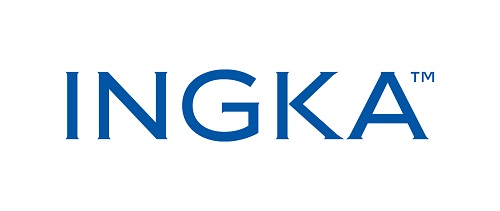Part 1: Why managing food waste makes sense for Ingka Group

In September last year, Ingka Group made a minority investment in Winnow, an innovative UK-based company that has developed an AI-enabled food waste tracking and analytics solution to help reduce food waste in commercial kitchens. Every year, Ingka Group serves meals to many millions of people across its stores and is aiming to halve food waste from IKEA Restaurants and Cafés, IKEA Bistros and Swedish Food Markets by the end of August 2020.
Food waste is a complex issue, but IKEA and Winnow are proving the solutions to the problem don’t have to be.
In FY19, many IKEA stores continued to weigh every bit of food thrown away in the kitchens to find ways to cut waste. Stores in Russia and Poland began weighing food waste and now 68 percent of Ingka Group operated stores worldwide are doing so. This has saved 1.5 million kg of food from being wasted in FY19 – equivalent to 6.5 million kg of greenhouse gas emissions.
"Few other businesses are as well placed as IKEA – thanks to our brand, offer and reach – to contribute to making sustainable and healthy living attractive, easy and affordable for the many people. This is a big priority for us, and we aim for all our customers to see IKEA as the brand that can support them in making a positive change," said Pia Heidenmark Cook, Chief Sustainability Officer, Ingka Group, in the Annual Summary & Sustainability Report for FY19, released in January
Globally, nearly one-third of all food harvested and produced is lost or wasted. In Canada alone, that adds up to roughly 35.5 million tonnes of food wasted per year. In 2019, IKEA Canada achieved its goal of reducing food waste in its restaurant kitchens by over 30 percent within one year of implementing a new food waste tracking program. IKEA Canada has managed to save 94,000 kg of food waste, or approximately 200,000 meals, in one year.
Taking care of surplus food is also of interest to Ingka Group. One of the key highlights of FY19 is the Re-Food project that enables people to have a positive impact on their community and environment by reducing food waste, while helping others at the same time. At MAR Shopping Matosinhos in Portugal, a group of volunteers regularly collect surplus food from the meeting place’s restaurants, supermarkets and cafés. The food is then classified, sorted and distributed to local families in need.
Please look out for Part 2 of this story next week.


